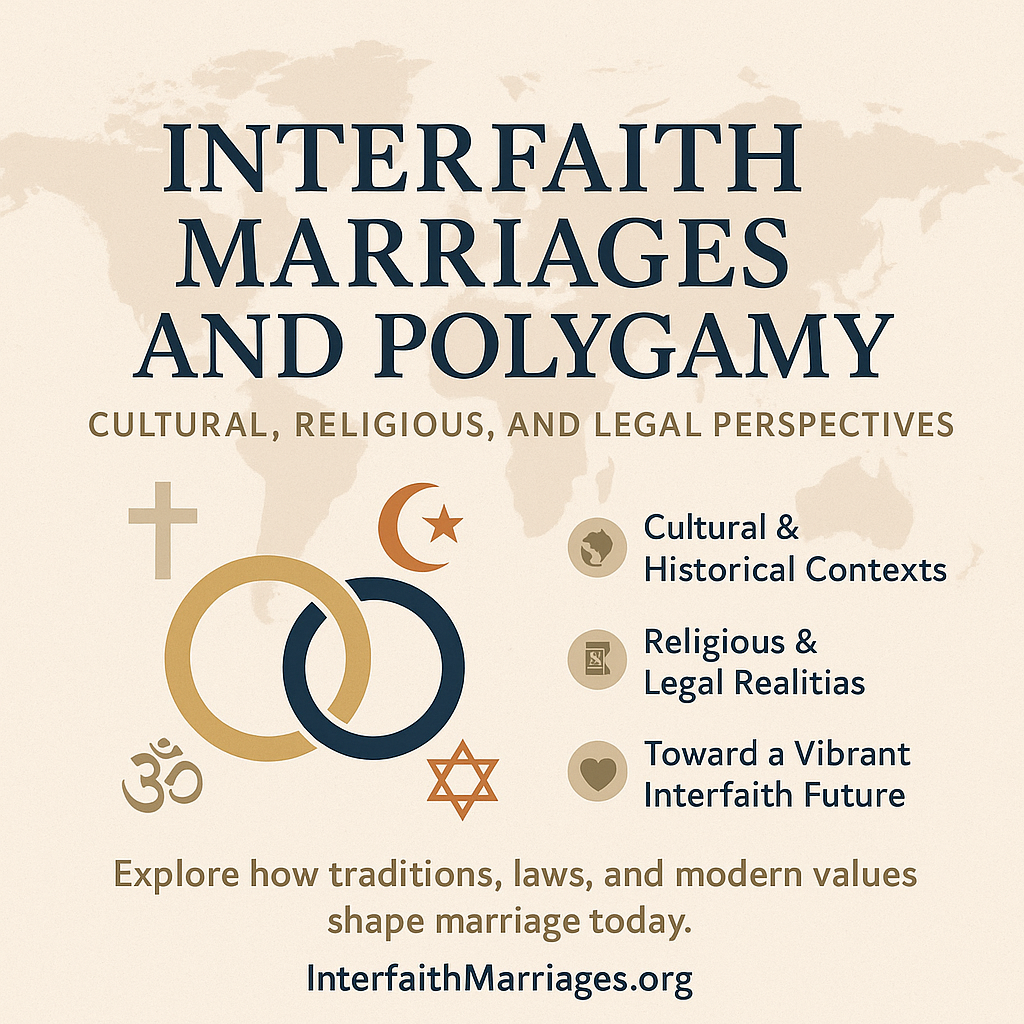
Polygamy and Its Cultural Contexts
Some religions and cultures still approve polygamy. For instance, what if a boy initially marries a girl and later takes a second wife?
Polygamy is not allowed in Western societies, but it is permitted in many Muslim societies. In Hindu culture, the practice is often overlooked rather than formally accepted. It is important to note, however, that polygamy is relatively rare in India, with only a small percentage of Hindus and Muslims practicing it.
Historically, Lord Krishna is said to have had 16,108 wives, Prophet Muhammad had 11. Neither of them pursued polygamy for sexual reasons; rather, their marriages were often aimed at providing protection and support for women facing harassment or abandonment.
Even today, it is not unusual for high-profile Hindu and Muslim movie stars to marry individuals who are already married. Similarly, in American society, many men engage in relationships outside of marriage, reflecting different cultural attitudes toward exclusivity and fidelity.
In the United States, Canada, and many other countries, polygamy is illegal. A marriage license from the state indicates that the marriage has been officially sanctioned. Furthermore, our comprehensive interview and questionnaire confirm that individuals are legally single. If they are divorced, we require them to provide the divorce documents. We will not touch polygamy with a 10’ pole.
Legal and Social Realities of Interfaith Marriages in the U.S.
When it comes to interfaith marriages, the United States has no specific legal restrictions. It is a free country where individuals can marry whomever they choose, regardless of faith.
Until the 1960s, interracial marriages—particularly between Black and white individuals—were prohibited. But over time, society progressed, and today marriage is legally recognized between two consenting adults of any faith, race, ethnicity, or gender.
According to a Pew Survey:
- 40% of Hindus and Muslims marry outside their faith.
- 50% of Jews also engage in interfaith marriages.
This reflects a growing acceptance of diverse unions in modern society.
Religious Views on Interfaith Marriages
Different religions have unique perspectives on interfaith unions:
- Christianity: The Bible does not explicitly prohibit interfaith marriages, but many churches advise against them, interpreting scripture as guidance toward marrying within the faith.
- Islam: The Quran does not explicitly forbid interfaith marriages, but cultural practice often encourages marrying within the faith and oddly caste.
- Judaism: Traditional Jewish texts strongly encourage marrying within the community, though views vary widely among denominations.
- Hinduism – Hindu scriptures do not explicitly prohibit interfaith marriages. However, the conservative majority shuns interfaith or intercaste marriages, but some progressive Hindus marry people from other faiths and even castes.
Cultural Expectations and Gender Differences
Many Christian, Hindu, Jewish, and Muslim communities—prefer their children to marry within their own faith. Interestingly, there is often more leniency when sons marry outside their religion, while daughters marrying across faith lines tends to meet stronger resistance. This cultural double standard is rooted in the belief that a daughter marrying outside the community represents a form of “loss.”
The other thought revolves around an outdated societal norm that views a daughter returning to her parental home after a divorce as a burden to the family. There is also concern that this situation might affect the marriage prospects of their second daughter or their son.
A Personal Perspective on Interfaith Marriages
When asked about a Muslim woman marrying a Hindu man, I respond with support. A woman is not a community property, and there is no reason to feel a sense of loss.
I do not believe in conversion when people marry. Couples may worship differently, but they still share the same core values of love, respect, and family. Each person should be free to marry whomever they choose, and society should celebrate their union instead of opposing it.
We must open our hearts and minds to others and let freedom prevail. After all, what does anyone truly lose if a Muslim marries outside their faith? The same logic applies to Christians, Jews, Hindus, and others.
Immigrant parents often struggle to accept their children crossing the cultural and religious boundaries. However, most parents tend to trust their children’s judgment. Some parents, particularly those who are Muslim, seek guidance from the Quran before blessing their children’s relationships. I have spoken to over 600 families, and in the end, many give their blessings, including a Sharia teacher and a father with ties to the Taliban.
Toward a Vibrant Interfaith Future
A new and vibrant interfaith community is emerging across the globe. As societies become more interconnected, it is our responsibility to ease the struggles of individuals navigating these realities.
I am currently working on a book that explores how to approach interfaith marriages and communities, aiming to provide practical guidance for families and couples. The goal is to foster acceptance, encourage compassion, and celebrate diversity in marriage.
Conclusion
Both polygamy and interfaith marriages highlight the complex ways in which religion, culture, and law shape human relationships. While traditions vary, the universal truth is that marriage should be a union of love, respect, and mutual choice. By embracing openness and freedom, we contribute to building a more inclusive, compassionate, and harmonious world.
FAQs about Interfaith Marriages and Polygamy
Q1: What is the legal status of interfaith marriages in the U.S.?
There are no legal restrictions. Any two consenting adults, regardless of faith or background, can marry.
Q2: Are interfaith marriages accepted in Christianity?
While not explicitly forbidden in the Bible, many Christian denominations discourage them based on their scriptural interpretations.
Q3: What does Islam say about interfaith marriages?
The Quran does not prohibit them, but cultural practices usually discourage interfaith unions. And prefer them to marry within their faith.
Q4: Why are daughters marrying outside their faith more controversial than sons?
In many cultures, daughters are seen as carrying family honor, leading to stricter opposition when they marry outside their religion.
Q5: How common is polygamy in India today?
Polygamy is rare, with only a small percentage of Hindus and Muslims practicing it, despite historical figures associated with it.
Q6: What role do interfaith marriages play in modern society?
They contribute to creating diverse, inclusive communities where people learn to appreciate differences and embrace shared human values.
Q7: What is compatibility?
Compatibility is a basis for a healthy relationship. This concept was evident during our interviews with the couple through specific questions. For example, in the past, Hindu priests would match birth charts (Janam Kundli) to determine compatibility, deeming the couples are compatible. Similarly, for Muslims, Jains, Sikhs, and others of their own faith, a successful match was considered valid.
🔗 External Resource: Pew Research Center – Religion & Marriage
Dr. Mike Ghouse is a recognized expert in interfaith marriages and collaboration with parents. As of this writing, he has officiated 570 weddings, including 186 Hindu-Muslim ceremonies, 179 Christian-Muslim weddings, and various other combinations spanning 11 religions, all races and 78 ethnicities. As a dedicated wedding officiant, he assists couples in crafting meaningful ceremonies that reflect their unique cultures, beliefs, and traditions. Please visit www.IntefaithMarriages.org or www.MuslimWeddingOfficiant.org




